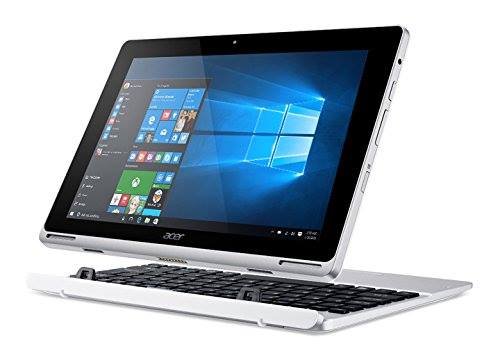As someone who watches television and movies from a wide variety of origins (films in English, French, Korean, and occasionally Swedish or Norwegian) I have come to think of American TV and Movies as fast-paced, intended to be engaging and keep the viewer’s attention. It appears I am somewhat alone in this as approximately 50% of current viewership in the US utilizes a second screen; that is, follows associated media on a phone or tablet while watching American TV or movies. A few companies have appeared and are growing which specialize in providing this kind of content. I know there is also a large volume of viewers who use the “second screen” to do something totally unrelated to what they are watching on TV.
I have started seeing services that provide background for episodes or cast trivia and many other types of associated material that the viewer can use to follow their interests related to what they are watching. I first saw this on streaming services and have seen some “links” on live or broadcast TV lately. Reminds me of Robert Heinlein’s Starship Troopers where media links were provided with news items and entertainment items alike. I don’t know if that idea was Robert’s or not but it has come to pass.
It appears that the ways in which we consume media change almost daily as providers adjust to demand and demand responds to new and innovative offerings. How long will it be before standard televisions include 20% of the screen’s viewing area to provide text explaining and enhancing the experience of watching a show (this in addition to aids for the hearing impaired); certainly the 4k TV’s have plenty of resolution to provide this service without any change or enhancement to the technology.
Now that services like descriptive audio are becoming common place, a whole plethora of information services that can follow on the same display or on a linked display to enhance the experience are surely just around the corner or already with us and just waiting to be tapped.
Which services providing what kind of information in what form will become prevalent? Time and audience demand will tell; along with which ones will generate income for the service providers and those who license the information. One thing is certain, all of this will demand more and more bandwidth both of the broadcasters and the internet service providers.







